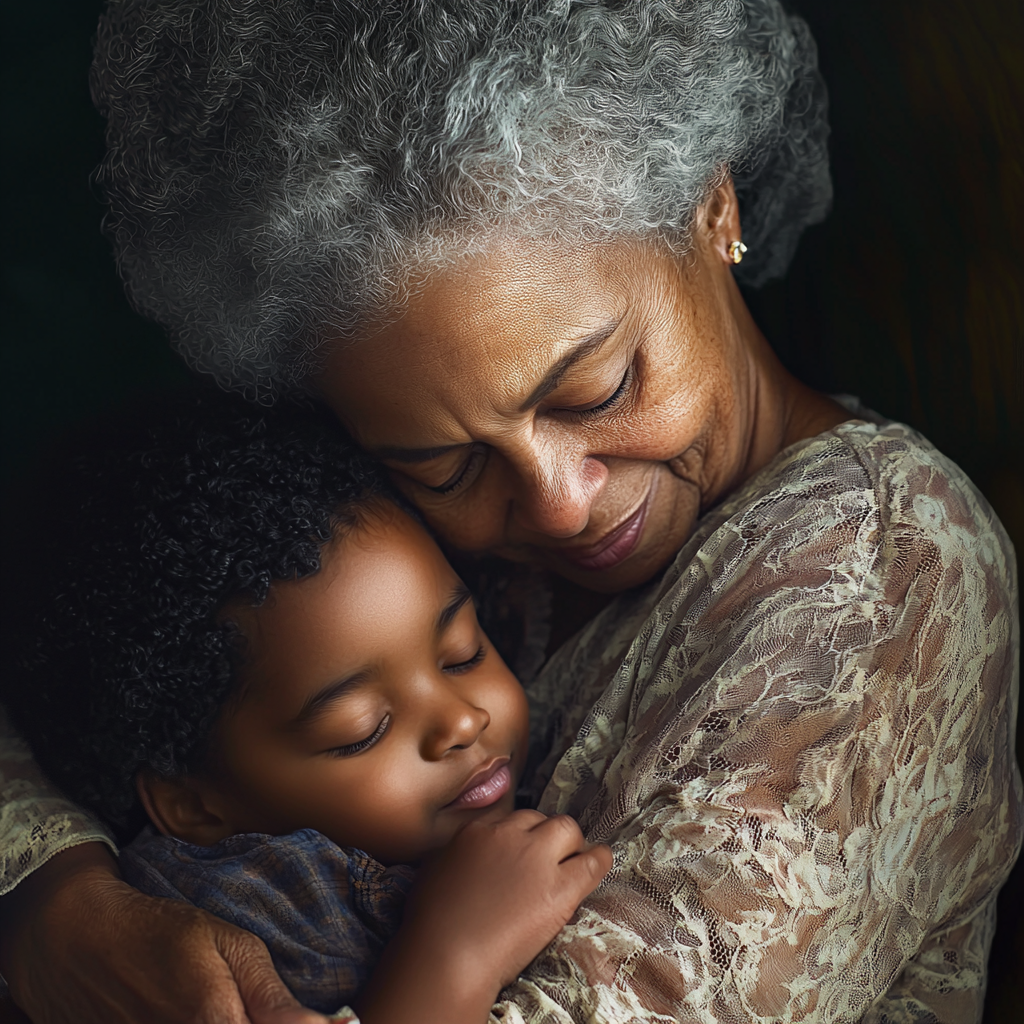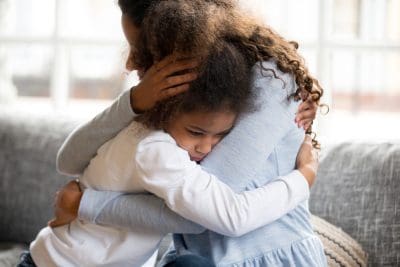The arrest of Joyce Brown, a 72-year-old Memphis grandmother, has ignited discussions about family protection and accountability in urban communities, particularly highlighting generational approaches to addressing youth violence.
When protection meets consequences
Brown intervened at Mitchell Community Center after learning multiple teenagers planned to assault her grandson, report The Root and the Atlanta Black Star. The situation escalated when she discharged a firearm into the ground, responding to perceived threats against her vehicle during an altercation involving her grandson.
Law enforcement arrested Brown on multiple charges, including reckless endangerment, child abuse or neglect, unlawful possession of a weapon in a public place, and carrying a weapon on school property. She posted a $20,000 bond the following day, while her family launched a GoFundMe for legal expenses.
Deeper than defense
Brown’s case resonates particularly with families who came of age during the 1970s through 1990s, when community protection often meant taking matters into one’s own hands. Today, these same generations navigate raising children and grandchildren in an era where social media amplifies conflicts and traditional methods of conflict resolution face legal scrutiny.
The case highlights evolving perspectives on family protection, especially in communities where institutional support has historically been lacking. Many who grew up during the “Soul Train” era now find themselves caught between old-school methods of handling confrontation and modern approaches to conflict resolution.
Brown’s actions represent a familiar narrative for those who remember when neighborhood disputes were settled through community intervention rather than institutional channels. However, current legal standards require different approaches to protecting young people from harm.
This situation particularly impacts those who witnessed the transition from community-based conflict resolution to more structured institutional responses. These generations now grapple with teaching younger family members to navigate contemporary challenges while preserving traditional values of family protection and community responsibility.
The incident raises questions about how communities can effectively protect their youth while working within legal frameworks. It also highlights the need for intergenerational dialogue about handling conflict in an era where social media often accelerates confrontations and traditional intervention methods may result in serious legal consequences.
As Brown’s case progresses through the legal system, it catalyzes necessary conversations about modernizing approaches to family protection while maintaining the strong sense of family loyalty that has historically sustained communities through challenging times.
The outcome of this case could influence how similar situations are handled in the future, particularly in communities where the instinct to protect family members must be balanced against evolving legal and social expectations.
















